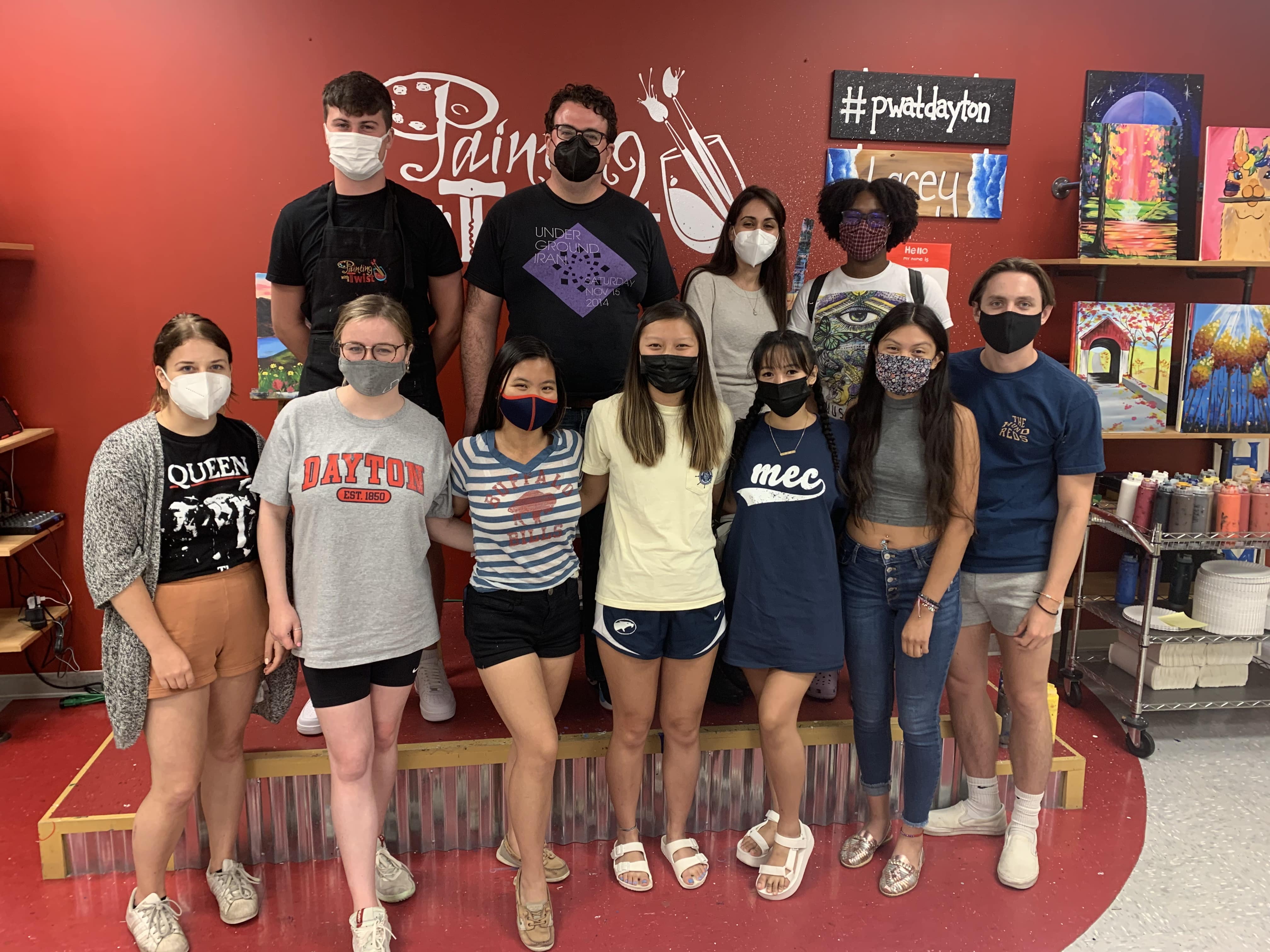Blogs

Partnerships for Global and Intercultural Learning
Imagine collaborating with a university in Cameroon on a project in chemical engineering. Or completing a Master of Finance degree that started in China. What about pursuing a doctorate that began just northwest of Mexico City, and finishes in Dayton, Ohio?
The possibilities presented by international partnerships are as varied as the institutions they represent, but all of them are a reflection of universities that recognize the globally-connected nature of education, and the benefits that cooperation can bring for their students, faculty, and community.
Partnerships usually begin simply, and somewhat organically: a faculty member visits a university while they’re in a different country to speak at a conference. Or, perhaps two researchers, familiar with each other’s work, meet for coffee and exchange ideas. Many times this mutual desire for collaboration develops into an agreement, usually called a Memorandum of Understanding, or MOU, signed by the two cooperating universities. This agreement signals each institution’s desire to explore the possibilities for working together on any number of initiatives, such as research, scholarship, and student and faculty exchange. The University of Dayton has MOUs with over fifty institutions around the world, each with a different focus, but all with one goal: the advancement of global cooperation and understanding, and the development of global and intercultural skills for our students.
MOUs are the starting point for institutional cooperation, and can develop into a number of formal programs, including a study abroad exchange. Heather Schieman, Assistant Director of Education Abroad, notes that exchange programs coming to Dayton function as an extension of partnerships of UD, and “since students continue to pay tuition to the University of Dayton, they are able to utilize their full financial aid package for the experience.” As for UD students considering studying abroad, she says, the benefits are many: “By enrolling into a partner school abroad, students serve as ambassadors of UD, while living, studying, and becoming part of a host university abroad.”
Many of the students living in UD’s Global Learning and Living Community (GLLC) are exchange students, who came to UD through programs that started with an institutional partnership. According to Ramon Stern, Assistant Director of Campus Engagement, “The GLLC is a unique opportunity for international and U.S. students of various backgrounds to bond through monthly activities, and to get to know each other through living together. It is intercultural learning through experience with national, cultural, religious and other differences.”
People are often familiar with partnerships that facilitate international exchange, but that’s just a starting point, says Sangita Gosalia, Director of Campus Engagement in the Center for International Programs. She says, “During the past few years many institutions have reflected upon their partnerships approach or strategy and the role partnerships can play in advancing global learning.” Though exchange programs are one way to facilitate global learning, events in recent years have expanded many institutions’ offerings for intercultural exchange without relying solely on mobility. “Programs like Collaborative Online International Learning (COIL) and the Global Education Seminar are examples of structured mechanisms that give faculty the opportunity to build relationships and become familiar with a colleague or institution abroad,” notes Gosalia, “When we are able to identify institutions or individual collaborators that have alignment with our goals then we are able to bring together our knowledge, skills and resources.”
Partnerships open doors across the world to global learning opportunities for students and faculty alike, and UD is proud to partner with institutions around the world to make global education accessible.
